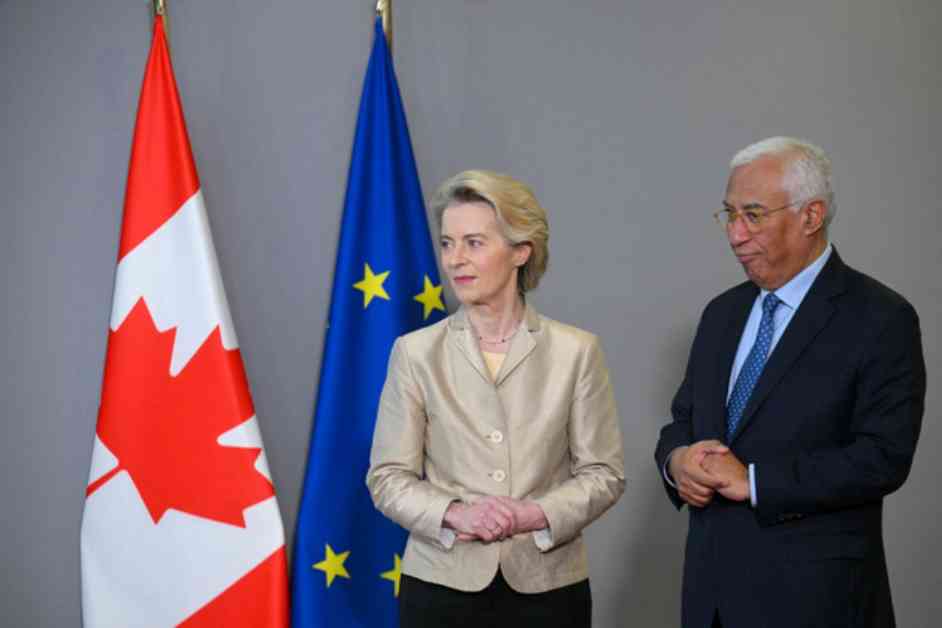On February 24th, European leaders made a significant announcement that has captured the attention of the international community. European Council President Antonio Costa revealed plans for an upcoming visit to Kyiv alongside European Commission President Ursula von der Leyen. This visit, scheduled to coincide with the third anniversary of Russia’s full-scale invasion of Ukraine in 2022, is a powerful statement of solidarity with the Ukrainian people during this challenging time. Costa took to social media to share the news, highlighting the importance of standing by Ukraine and its democratically elected president, Volodymyr Zelensky.
European Leaders Unite in Support of Ukraine
Costa’s decision to visit Kyiv on such a significant date underscores the gravity of the situation in Ukraine and the European Union’s unwavering support for the country. The presence of both Costa and von der Leyen sends a clear message of solidarity and unity in the face of adversity. The European Council, under Costa’s leadership, plays a crucial role in providing political direction and shaping legislation within the EU. Meanwhile, von der Leyen heads the European Commission, the executive branch of the EU. Together, their visit signifies a strong stance against aggression and a commitment to upholding democratic principles.
In a parallel show of support, Spanish President Pedro Sánchez also announced his intention to visit Kyiv on the same day. This collective display of solidarity from European leaders underscores the EU’s commitment to standing by Ukraine in its time of need. The bloc’s recent initiation of membership talks with Ukraine and Moldova further solidifies its dedication to fostering strong ties with Eastern European nations. Despite the ongoing conflict, the EU remains steadfast in its support for Ukraine’s sovereignty and territorial integrity.
International Aid and Diplomatic Efforts
Amidst these diplomatic gestures, the European Union is poised to extend a historic €700 billion ($732 billion) aid package to Ukraine. This generous assistance underscores the EU’s commitment to providing tangible support to Ukraine as it navigates the challenges posed by the ongoing conflict. German Foreign Minister Annalena Baerbock’s announcement at the Munich Security Conference highlights the EU’s proactive stance in assisting Ukraine during this critical period. While details of the aid package remain undisclosed, the sheer magnitude of the proposed financial assistance signals a significant step towards bolstering Ukraine’s stability and resilience.
The Kremlin’s recent statement regarding Ukraine’s potential EU membership, while not opposing it, underscores the complex geopolitical dynamics at play in the region. The distinction between EU and NATO membership for Ukraine further complicates the situation, with differing perspectives on the country’s alignment with Western institutions. As discussions surrounding Ukraine’s future unfold, the EU’s unwavering support for the country’s sovereignty remains a cornerstone of its diplomatic efforts in the region.
As the third anniversary of Russia’s invasion of Ukraine approaches, the international community’s focus on Kyiv demonstrates a unified front in support of Ukraine’s sovereignty and democratic values. The forthcoming visits by European leaders serve as a poignant reminder of the enduring bonds between nations and the shared commitment to upholding peace and stability in the face of adversity. The world watches as these diplomatic efforts unfold, hopeful for a peaceful resolution to the conflict and a brighter future for the people of Ukraine.

















